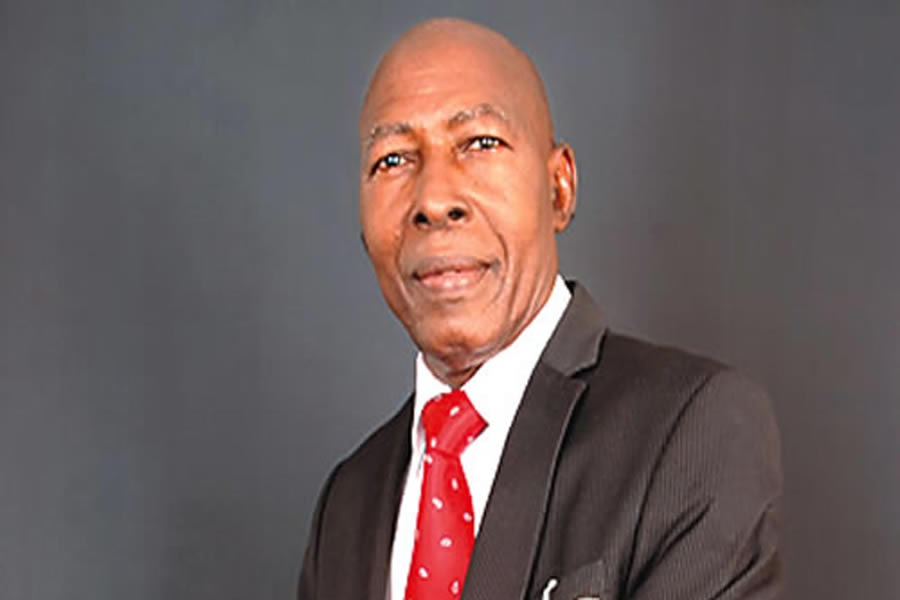Ahead of the 2023 general elections, need for improved infrastructure to ensure free, fair and inclusive electioneering process will be the centre of discussion at a forthcoming workshop on election infrastructure in Nigeria.
The workshop is being organised by Centre for Cyberspace Studies, Nasarawa State University, Keffi, in collaboration with local and international partners, from November 28 to 30, 2022, at the NAF Conference Centre and Suites, Abuja.
The workshop, themed: ‘Enriching the Values of Free Fair, Inclusive and Credible Election’, is intended to draw out vulnerabilities, as well as factors that might affect the general elections, considering people, process and technology infrastructure.
According to the organisers, Nigerians will be going to the polls, next year, to vote their leaders, though an electronic voting system that will be used for the first time in the history of the country’s general elections, where results will be transmitted real-time from polling units directly to servers and portals of the Independent National Electoral Commission (INEC).
They are of the view that Nigeria must be ready in terms of infrastructure, hence the need for the workshop, which also seeks to sensitise the populace.
Chairman, Workshop Working Group, Dr. Chris Uwaje, said: “Credible, free, fair, inclusive and transparent elections are a hallmark of progressive and decent democracies. The vital component of national security that will continue to guarantee equity, justice, inclusiveness and national unity, confidence and trust of the electorate in the value of their votes is vital.”
According to the Keynote Speaker, Dr. David Wodi Tukura, Aguma of Bassa Turunku Chiefdom, Toto Local Government Area, Nasarawa State, the workshop is not only timely but also very strategic.
Tukura, a rector of the Economic and Financial Crimes Commission (EFCC) Academy and former director, Independent Corrupt Practices Commission (ICPC), submitted that findings and recommendations could scale up the reputation of the institution as a world centre for cyberspace and cyber security studies.
In this series of workshops, the Centre for Cyberspace Studies has assembled experts from local and international platforms to dive into the landscape of vulnerability, threat and risk in the context of people, processes and technology.
The thrust is to keep electoral stakeholders better informed and equipped with the various electoral risks, threat actors and opportunities and how to mitigate the risks.
The workshops will equip participating stakeholders with the knowledge of vulnerability, threat and risk components, capable of undermining the integrity of the electoral process.
Guardian
